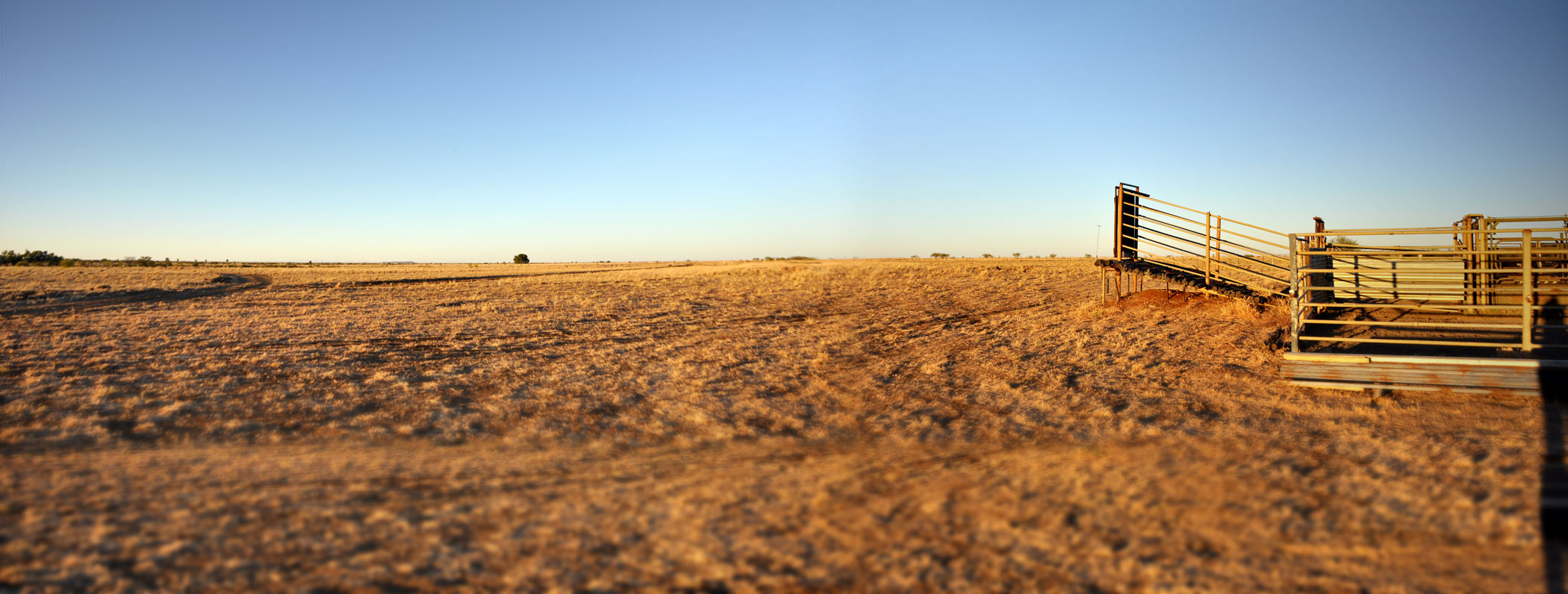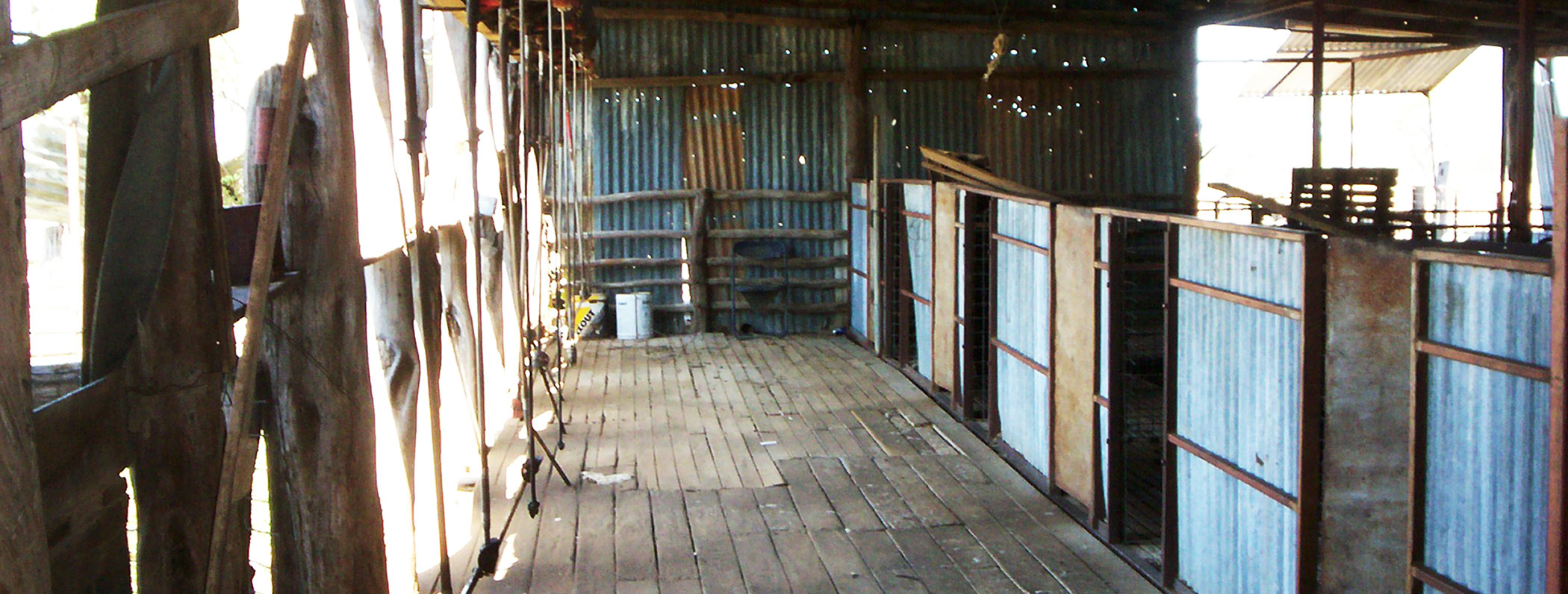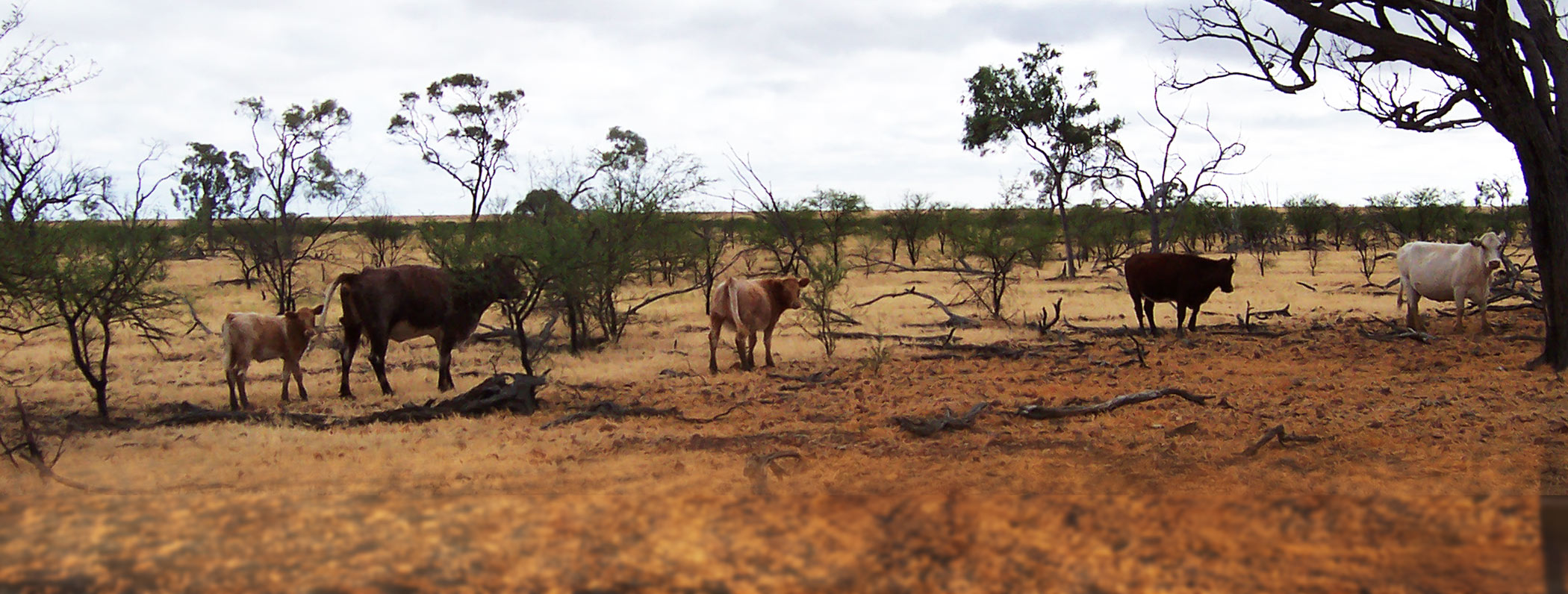Personal Details
| Surname | Egan |
|---|---|
| First name | Charles |
| Middle name | Hugh James |
| Date of birth | 23/08/1916 |
| Place of birth | Muttaburra, Qld |
Details
Children of Charles H , shearer, labourer, and Mary Tompson
Elizabeth Martha 27.10.03
Charles Hugh James 23.8.16
Sylvia M
William Patrick 19.8.24
Richard John 17.4.26
Owen Edward 6.8.27
Joseph Henry 22.7.29
School Records
| Muttaburra State School | |
|---|---|
| Start Date | 1922 |
| Position | Student |
War Records
| Conflict | |
|---|---|
| Service | Australian Army |
| Service number | QX1573 |
| Date of enlistment | 19/11/1939 |
| Locality of enlistment | Muttaburra, Qld |
| Place of enlistment | Hughenden, Qld |
| Next of kin | C Egan |
| Date of discharge | 06/11/1945 |
| Posting at discharge | 2/9 Australian Infantry Battalion |
| Rank | Sergeant |
| Prisoner of war | No |
| Notes | Charles Egan joined the Army in 1939 shortly after war broke out. He was six years older than his brother William P Egan, and on his final leave before he sailed in 1940 his parting words were that the war would be over in six months and for his brother to stay home and care for their parents. How wrong he was. He left Australia shortly afterwards and disembarked at Glasgow where he and others from the ship went straight to hospital with mumps. After a short stay in Scotland he rejoined the 18th Brigade at Colchester in England where he learnt to become a Bren gun carrier driver. If they had arrived in England a few weeks earlier they would have been caught in the Dunkirk debacle. By Christmas time that year he was back in the Middle East where he was his first action against as Italian fort in Libya where he was wounded in both hands by an Italian shell, which landed in front of the machine gun he was operating on the ground. Apparently it was not until he went to Tobruk that he received his first carrier and even there he went on patrol on a motor vehicle as infantry at night. His vehicle hit a land mine one evening and he finished up in hospital with shrapnel wounds all over his body. After months of being trapped by Rommel’s army his Brigade was eventually evacuated to Syria by British warships where they rested before returning to Australia. After a short home leave his Brigade went to Milne Bay in New Guinea where, with the help of a detachment of U.S. Marines they stopped the invading Japanese in their tracks. It was found that the carriers were useless for jungle warfare so instead of going back to the infantry he and some of the old originals joined the New Guinea administration where they spent the remainder of the war recruiting native labour. Extracts from a letter from William P Egan 24th July 2000. |



